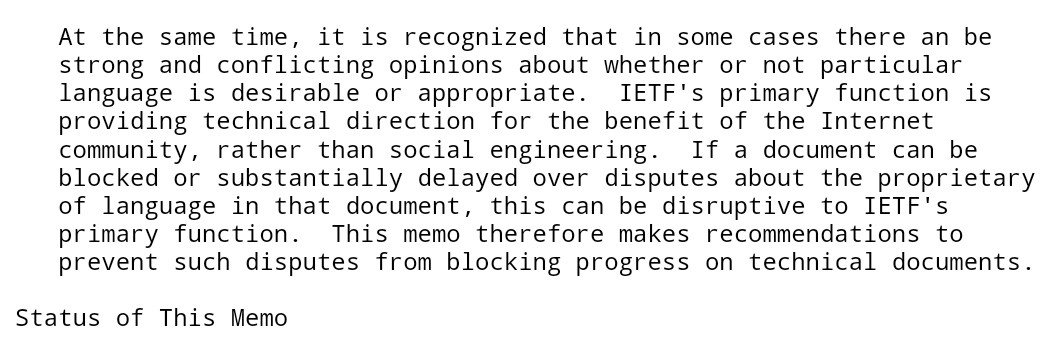VS ambassadeur @petehoekstra stelde zondag in @Buitenhoftv terecht vast dat Trump en @groenlinks dezelfde mening zijn toegedaan over 5G.
Hopelijk noopt dit tot een herziening van de positie van @groenlinks vwbt de voorwaarden van de infrastructuur van de informatie samenleving.
Hopelijk noopt dit tot een herziening van de positie van @groenlinks vwbt de voorwaarden van de infrastructuur van de informatie samenleving.
In plaats van protectionisme en geopolitiek zouden de mogelijkheid tot begrijpen en onderzoeken van de technologie en haar impact op burgers en hun mensenrechten als voorwaarde moeten worden gesteld.
Concreet betekent dit als eisen voor de infrastructuur: open hardware, open source software, reproducible builds, proof of work en human rights impact assessments.
Na de Snowden revelations hebben we immers ook al gezien de Britten en Amerikanen, onze partners, ook niet schromen om achterdeuren in onze technologie te bouwen.
Dus als we een open informatie samenleving willen bouwen, kan dit alleen op open technologie.
Dit zal als belangrijk bijeffect hebben dat het de wetenschap nauwer betrekt bij de samenleving (want onderzoek wordt niet meer gehinderd door patenten en copyright).
Dit zal als belangrijk bijeffect hebben dat het de wetenschap nauwer betrekt bij de samenleving (want onderzoek wordt niet meer gehinderd door patenten en copyright).
Ik hoop dat @BramvanOjikGL en @jesseklaver hun technologie beleid willen herzien. Bij @data_ctive aan de @UvA_Amsterdam zijn we in ieder geval altijd er bereid om erover mee te denken! #5G #STS #infrastructuralista
• • •
Missing some Tweet in this thread? You can try to
force a refresh









